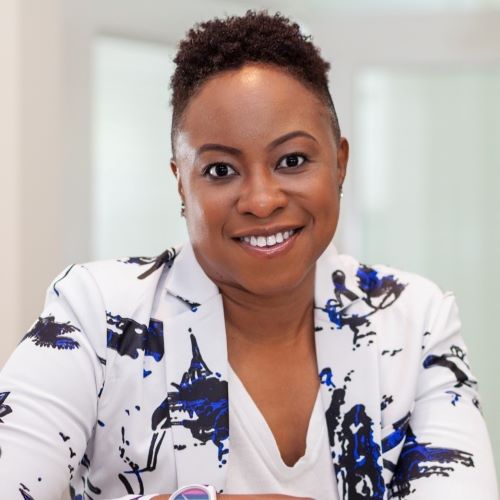Why Do Labels Matter? Using Gender Pronouns Correctly
December 02, 2021 | 1557 Views
Why do labels matter?
In our restaurants, almost every item has a label. There are labels on shelves for organizing items, labels on products in the cooler to note the expiration period, labels on products at the expedite station to note the holding time, and labels on the doors to provide directional instructions, just to name a few. There are even labels on the team members to display names, better known as nametags. Many would agree that the labels in these cases are important…but what about gender pronouns?
First a few quick definitions:
- Gender- Gender is the range of characteristics pertaining to, and differentiating between, femininity and masculinity. (Wikipedia)
- Cisgender- relating to a person whose sense of personal identity and gender corresponds with the sex assigned to them at birth. (Oxford Dictionary)
- Gender identity- an individual’s personal sense of having a particular gender. (Oxford Dictionary)
- Gender pronoun- A pronoun is a word that refers to either the people talking (like I or you) or someone or something that is being talked about (like she, them, and this). Gender pronouns (like he, her, and them) specifically refer to people that you are talking about. (Gender pronouns- NYC.gov)
- Misgender- to refer to using a word, especially a pronoun or form of address, that does not correctly reflect the gender with which they identify. (Oxford Dictionary)
It’s a matter of respect…
Referring to a person using the correct (the person’s preferred) pronoun is simply a matter of showing respect. As noted by the above definition, gender identity does not refer to the designated sex assigned at birth, nor does it refer to the physical appearance of a person. Instead, it is based on the gender that the person identifies with, which can be different from the sex assigned at birth or how they look.
So how do you know what gender pronoun to use?
The answer is simple… ask. Never assume that because a person appears to be male or female, that is the gender they identify with. An easy way to do so is by sharing your gender pronouns and then asking for theirs in return. It might sound something like: “Hi my name is Felicia, my pronouns are she, her, and hers. If you don’t mind sharing, what pronouns do you use?”
By taking the lead and sharing your pronouns first, you create a comfortable space for others to share theirs. However, be careful not to force the other person to share or make it a requirement that they do. It is all about creating an inclusive space for everyone, and don’t worry if you make a mistake, everyone slips up from time to time. The best thing to do if you use the wrong pronoun is to apologize right away. You can say something like: “Sorry, I meant (insert correct pronoun).”
My mom used to tell my siblings and I as children growing up whenever we would call each other names: “sticks and stones may break your bones but words can never hurt you.” Many of you may have heard the same before, but I now know this is not true. Words can and do hurt, so choose yours wisely…remember that it matters!
Click here to watch this short video on gender identity and pronouns from the Pride Centre of Edmonton.
Felicia White (She/Her/Hers)
VP, Global Operations Training and Development
Church's Chicken



